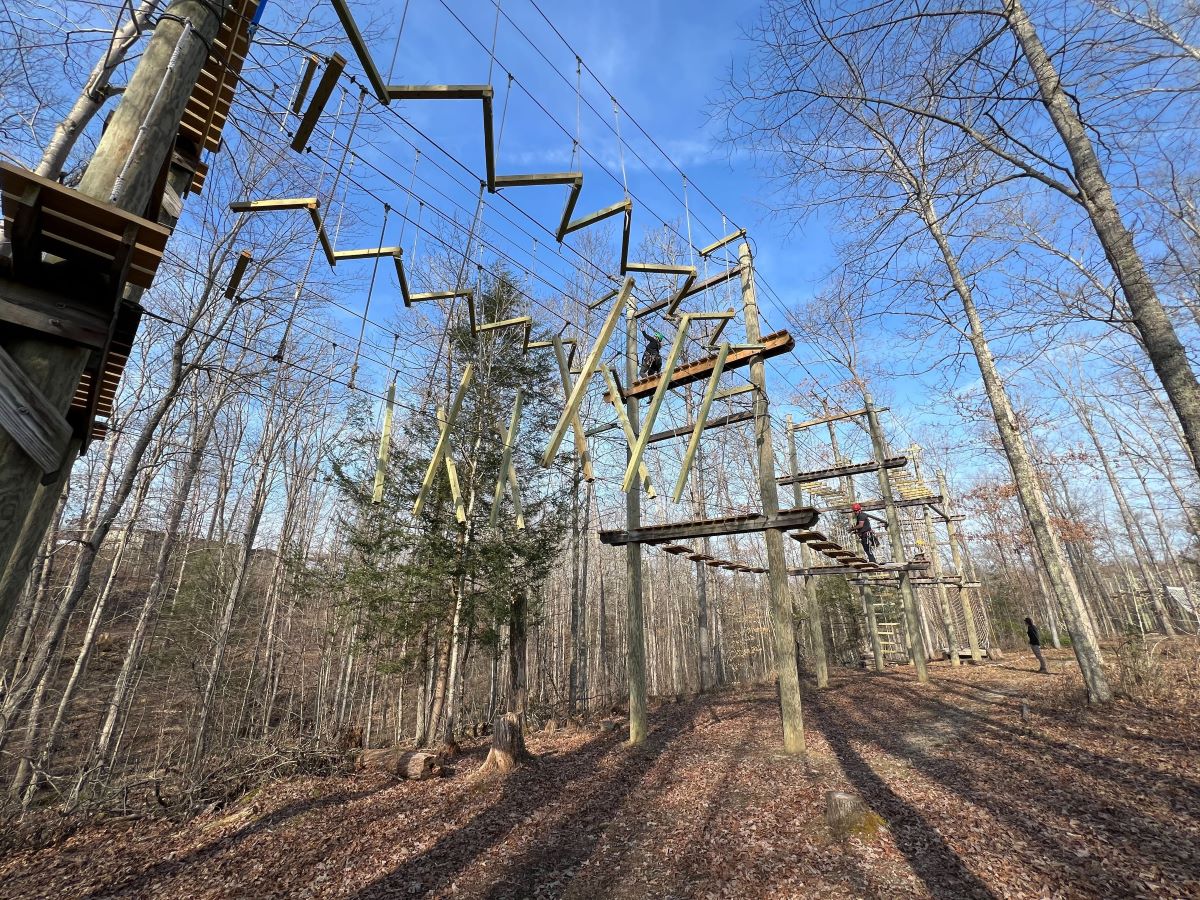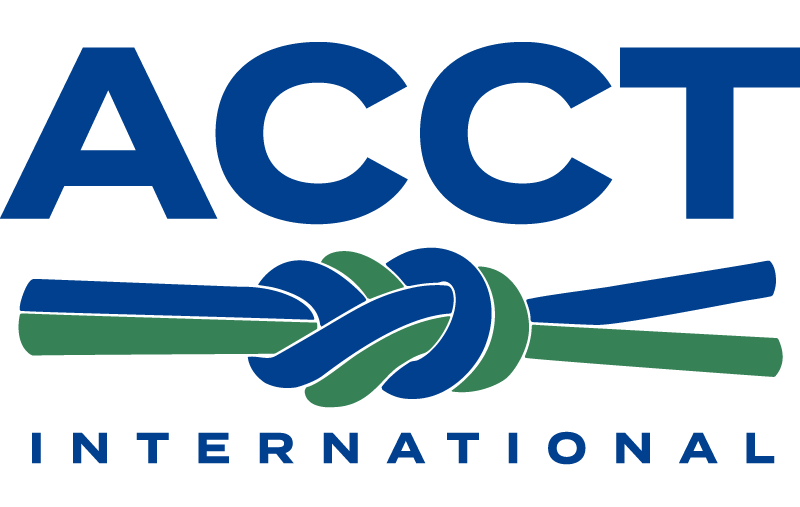Importance of Inspections
The busy season is fast approaching and you may be thinking, “Am I ready?” “Is my course ready for the incoming traffic?” “What about my gear?” Sounds like it’s time for an inspection! Course inspections are crucial for maintaining a safe operation. As you may know, the ACCT standards state that you must have your courses inspected by a qualified person at minimum, once a year. However, you may be asking questions like:
“Why should I bring in a qualified inspector, if I check my course regularly? Isn’t that good enough?”
This is a great question, with a rather in-depth answer. A qualified inspector may be an Individual with their Professional Level Certification, a vendor who has been accredited to provide Inspection services, or a licensed professional engineer. These types of Inspectors are trained to dissect each element and piece of equipment in ways that typical course managers and operators may not be familiar with. Another benefit of hiring an outside inspector is a fresh perspective on your course as it’s easy to overlook some aspects when you’re in an environment consistently. Remember always to check if your Authorities Having Jurisdiction requirements and/or Insurance company to ensure you are hiring the correct type of inspector.
“I inspect my gear before every use, do they really need to look at every piece?”
While gear is often inspected during your pre-use inspection before it goes on a participant, these inspections are to identify obvious hazards that could put participants and staff at immediate risk, but sometimes things aren’t so obvious. This is where a trained professional comes in. If they inspect to ACCT standards, your inspector will look at each piece of gear, like they do with each part of an element, to make sure it is working the way the manufacturer intended it to, isn’t broken or compromised in some way, hasn’t been recalled, hasn’t passed its expiration date, and is compliant with standards. If a piece is found to fail this check or it meets at least one of its retirement criteria, the inspector will document what constitutes that failure and what you need to do to remove it from circulation or get it remedied.
“Okay, well I just had maintenance done on my course last year, isn’t it still good to go?”
On the contrary - new equipment does not always equate to safe equipment. On a recent inspection I had the opportunity to witness, wooden elements were replaced only a few months prior, but were already split and in need of repair. Even the best maintenance providers cannot prevent damage from the elements or continuous use.
Inspections aren’t just about someone coming to critique your setup; they are also a great educational tool for you. When I spoke with Sara Brubaker at the Summit Bechtel during their recent inspection, she said that while she “has not felt nervous about failing, it can be stressful having someone come in and look over every aspect of your operation so thoroughly. But overall, it’s an opportunity to see your course through someone else’s eyes. It’s a great learning opportunity that you can use to improve your systems and structures. Since inspection, I feel better prepared knowing what maintenance needs done.”
Proper pre-use inspections, periodic monitoring, and professional inspections are an easy way to make sure you are operating as safely as possible and they can help with the longevity of your courses as you will always be aware of what needs to be done and when.
Wishing you all a happy and prosperous busy season!

